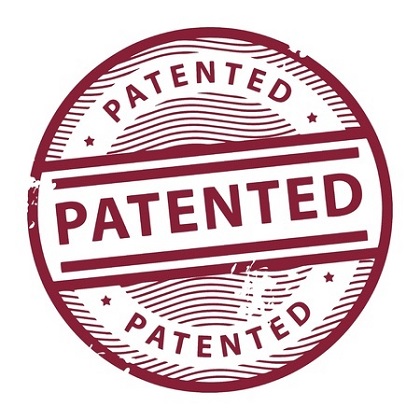Patentability Opinions
A patentability opinion is typically requested when a client wants to learn the likelihood of obtaining a patent on a new device, method, composition, etc. A patentability opinion is based on an organized, detailed search for prior art, the results of which are reviewed by a patent attorney to determine their applicability to the current invention. It is usually prepared before a decision is made to proceed with a patent application, or to further define the contours of what can be claimed in the new patent application.
If you are considering or negotiating, a merger, acquisition, or even a new round of capital funding, you should weigh the benefit of getting a patentability opinion. In some cases, the value of your intellectual property is the heart your company's value. Therefore, a fair valuation cannot really be determined until the likely contours of your intellectual property protection are known.
Patent Validity Opinions
Patent validity opinions undertake a review of a particular patent in order to determine the likelihood it can be enforced in a given situation. They can be used in different ways depending on the particular business need. For example, an organization may review the validity of a third-party's patent to determine if it is unenforceable and, therefore, may be entitled to use or make the technologies in the patent without liability for infringement. On the other hand, if an organization holds or seeks to acquire a patent, it may obtain a validity opinion before entering into licensing negotiations or a merger to ensure the enforceability of its IP rights.
Infringement and Non-Infringement Opinions
An infringement opinion may be commissioned, for example, when a company suspects it might have infringed on a patent. In contrast, obtaining a non-infringement opinion is prepared proactively as a preventative measure, demonstrating good faith, reasonableness, and "due care," and helping to mitigate what might otherwise be considered willful infringement.

Freedom-to-Operate Opinions
A freedom-to-operate opinion is used to determine whether a particular action, such as testing or commercializing a product, can be done without infringing on the intellectual property rights owned by others. Freedom-to-operate opinions can be used as business planning tools to determine whether a proposed product offering is worth pursuing in the marketplace in light of the risk of infringing another's IP rights. This also allows the opportunity to negotiate licenses with the other parties and factor the costs of those licenses into the commercialization planning, rather than being forced to react to threats of litigation. Freedom-to-operate opinions are also sometimes used to help mitigate the threat of enhanced damages should it be determined that the new product did, in fact, infringe on the IP rights of others. It provides evidence that, even if an organization is found to have infringed, it likely did not infringe intentionally or willfully.
